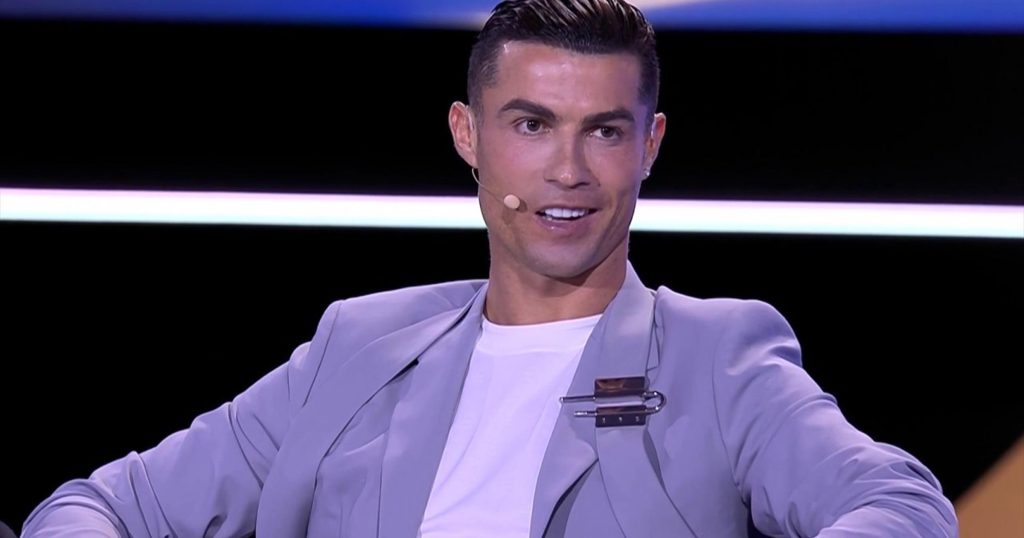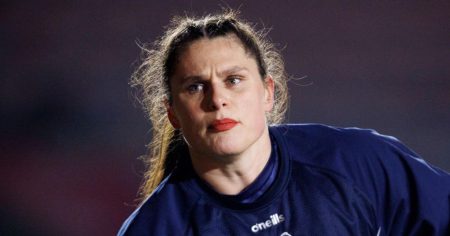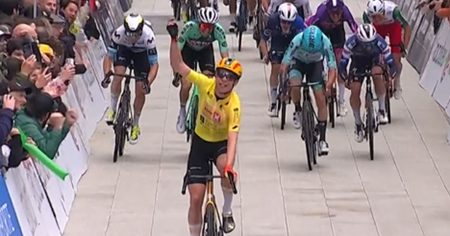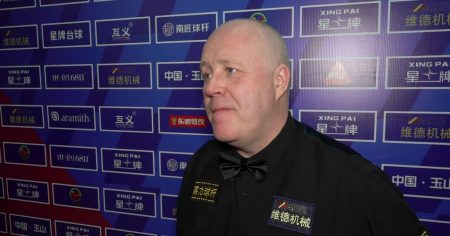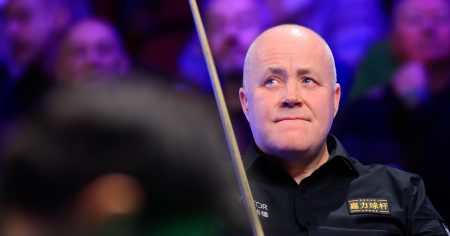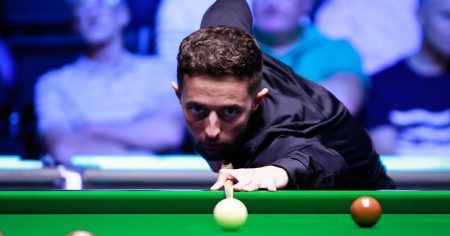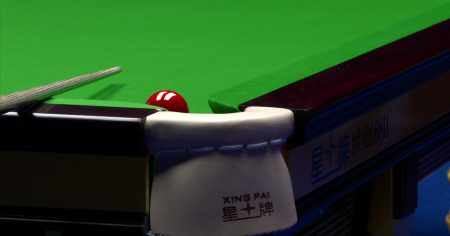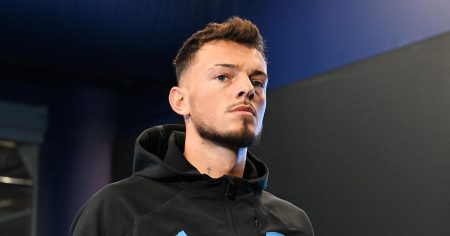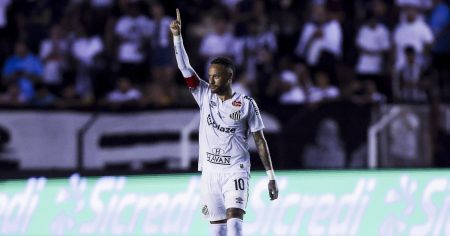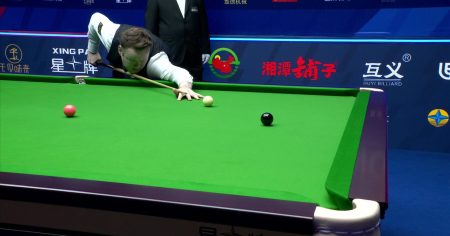Cristiano Ronaldo’s recent pronouncements offer a fascinating glimpse into the mind of a footballing icon as he navigates the latter stages of his illustrious career, envisioning his future as a club owner while simultaneously expressing optimism for both his former club, Manchester United, and their cross-town rivals, Manchester City. His assertion that he will “own a big club” in the future underlines his ambition and entrepreneurial spirit, suggesting a desire to remain deeply involved in the sport beyond his playing days. This declaration isn’t merely a casual remark; it reflects a calculated plan to leverage his vast experience, global brand, and financial resources to shape the future of football from a position of ownership and influence. It speaks to a desire not just to participate in the game, but to control and direct its trajectory, perhaps implementing his own vision of how a club should be run, from player development and tactical approaches to commercial strategies and fan engagement.
Ronaldo’s belief that the “storm will finish and the sun will rise” at Manchester United under the hypothetical leadership of Ruben Amorim reveals his continued interest in the club’s fortunes, even after his acrimonious departure. While stopping short of explicitly endorsing Amorim, his comments suggest an admiration for the Sporting Lisbon manager’s tactical acumen and ability to nurture young talent. The “storm” metaphor alludes to the period of instability and underperformance that has plagued United in recent years, a period Ronaldo himself experienced firsthand. His prediction of a brighter future under Amorim hints at a belief that the club requires a fresh approach, a new vision to restore its former glory. It also subtly suggests a potential avenue for his own future involvement, although whether this would be in a purely advisory capacity or a more hands-on role remains speculative.
Furthermore, Ronaldo’s assessment of Manchester City’s current slump reveals a nuanced understanding of the cyclical nature of footballing success. Despite their recent dip in form, he expects them to rebound and return to their dominant ways. This observation demonstrates his respect for the quality within the City squad and the managerial prowess of Pep Guardiola. It also reflects a pragmatic acceptance of the inevitable ebbs and flows of a football season, recognizing that even the most successful teams experience periods of adversity. His confidence in City’s resurgence likely stems from his familiarity with the high standards set within the club, the depth of their resources, and the tactical flexibility that allows them to adapt and overcome challenges.
Ronaldo’s ambitions extend beyond the realm of club ownership and managerial speculation. His desire to establish a long-lasting legacy in football is palpable, a legacy that transcends individual achievements on the pitch. By envisioning himself as a club owner, he seeks to shape the future of the sport, potentially influencing player development, tactical innovations, and the overall business of football. This aspiration reveals a desire to leave a lasting imprint on the game, not just as a player but as a visionary and influential figure in the broader footballing landscape. This desire to remain a significant force in the sport speaks volumes about his competitive drive and enduring passion for the game, even as his playing career inevitably draws to a close.
His comments on Manchester United and Manchester City, while seemingly separate observations, are interconnected by a common thread: his deep understanding of the dynamics of football. He recognizes the challenges faced by both clubs, acknowledging the storm at United and the slump at City, while simultaneously expressing optimism for their respective futures. This nuanced perspective reflects his years of experience at the highest level of the game, having witnessed firsthand the cyclical nature of success and the constant need for adaptation and evolution. It’s the perspective of someone who has not only played the game but has also studied it, analyzed it, and developed a deep appreciation for its complexities.
Finally, Ronaldo’s statements offer a glimpse into his mindset as he transitions from player to potential owner, mentor, and influencer. He remains deeply engaged with the sport, analyzing its trends and predicting its future. His ambition to own a big club, coupled with his insights into the current state of Manchester United and Manchester City, paint a picture of a man who is not content to simply fade away from the spotlight. He envisions a future where he continues to play a significant role in the world of football, leveraging his experience and influence to shape the game for generations to come. This ambition is not driven by ego alone; it’s fueled by a genuine passion for the sport and a desire to leave a lasting legacy that extends far beyond the confines of the pitch.




